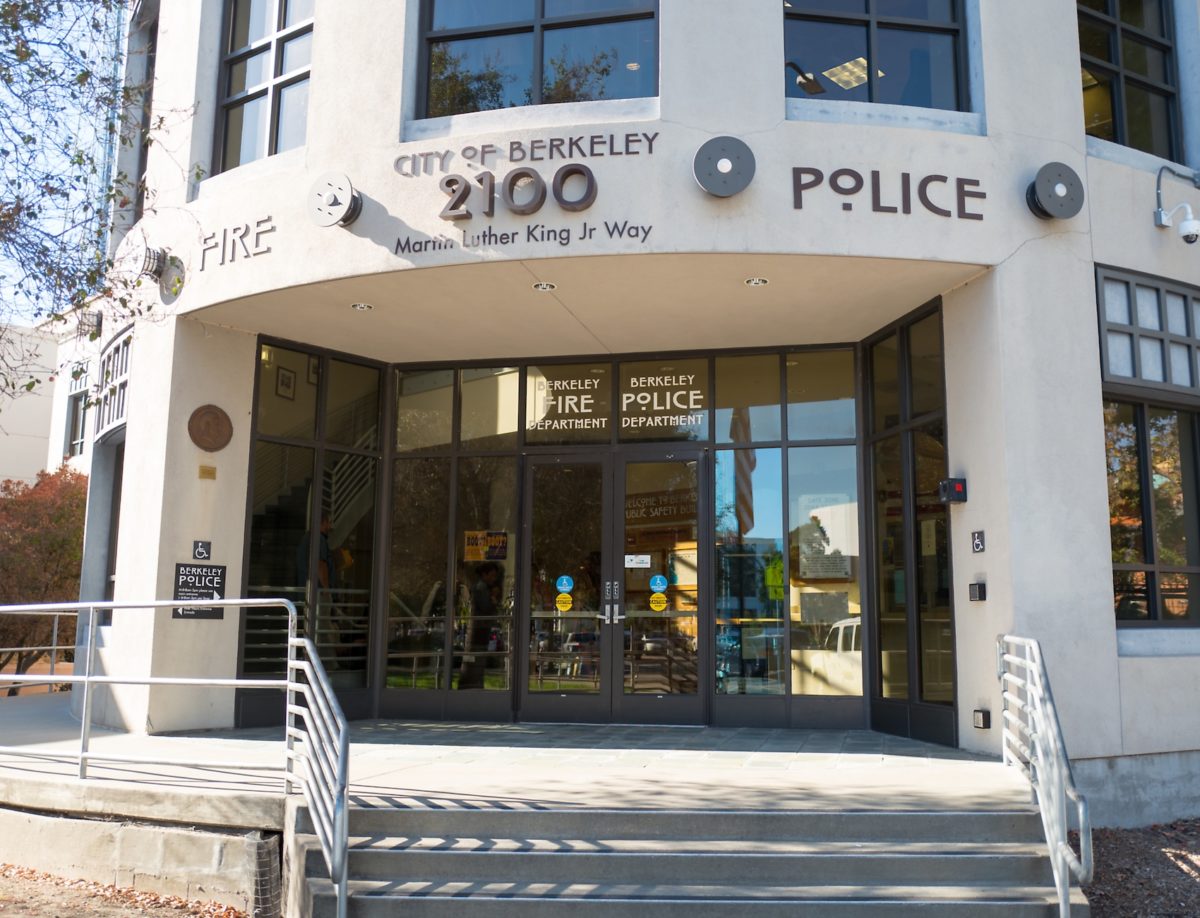Berkeley City Council Passes Sweeping Reforms to Limit Police Traffic Stops
In an effort to end systemic racism, the California city will aim to reduce the number of police-involved traffic stops for expired registrations and other small violations.

The Berkeley City Council voted unanimously Tuesday night to approve a package of policy changes aimed at reforming policing in the city by reducing racial disparities in traffic enforcement.
“While Berkeley has a long history of progressive leadership, we are not immune from issues of systemic racism in policing and our criminal justice system,” Jesse Arreguín, mayor of the California city, told The Appeal.
Berkeley police will no longer be able to stop drivers for only minor traffic violations like equipment violations, expired vehicle registration, or not wearing a seatbelt. Instead, police will be directed to conduct traffic stops only for violations that endanger public safety, such as excessive speeding, running a red light or stop sign, and driving under the influence.
A person can still be cited for low-level offenses if they are pulled over for a public safety reason. For example, if a person is pulled over for speeding and they are driving with an expired registration, they will get ticketed for both, Arreguín said.
The Berkeley Police Association opposed the reforms, saying in a statement that they “will turn officers into filing clerks, gutting their much-needed time on the streets within our community.”
The policy package grew out of a working group Arreguín convened last year on fair and impartial policing, which formed after the release of a 2018 study by the Center for Policing Equity. The study found that Black and Hispanic people were more than six times more likely than white people to be stopped by the Berkeley Police Department while driving and more than four times more likely to be stopped while walking.
Between 2012 and 2016, Berkeley police also searched Black people at a rate nearly 20 times that of white people. Latinx people were searched more than four times as often as white people. Despite disproportionate stops and searches of people of color, police were significantly less likely to uncover contraband during those searches than during searches of white people, according to the study.
The new policies mean Berkeley police must also obtain written consent from motorists before doing a search without a warrant. The working group report cited research that showed requiring written consent reduced the number of warrantless vehicle searches by roughly 75 percent.
Officers are also no longer allowed to search a person who is on probation or parole unless the officer believes there is evidence of imminent danger, or that the person has committed a crime or is about to commit a crime.
California law gives police wide discretion to search all people on probation or parole, and people of color are heavily overrepresented among those under community supervision. As of the end of June 2019, nonwhite Californians are nearly twice as likely to be on parole as their white counterparts, according to data from the California Department of Corrections and Rehabilitation and the U.S. Census.
Arreguín said the reforms would allow officers to focus on more serious and dangerous crimes—and the people who commit them.
During Tuesday’s meeting, the group Berkeley Copwatch presented a video that showed a recording of a Black man being shot by Berkeley police, as well as recordings of Black men on whom the group said Berkeley Police had used excessive force. All of the recordings were created during the last year.
NAACP Berkeley president Mansour Id-Deen told the City Council Tuesday that Black people “are people of lived experience” and “the lived experiences that have been dropped on our souls are not of our choosing.”
Neighboring Oakland instituted similar reforms and saw the number of traffic stops drop from more than 19,000 in 2017 to about 7,300 in 2019. The drop in traffic stops does not appear to have negatively affected public safety: Overall crime fell during that same time.
Arreguín said the city is looking at other ways to enforce low-level offenses, including investing in technology like cameras and automated license plate readers, and creating a department for minor traffic enforcement that would be staffed with unarmed officers.
“We are actually really serious about addressing racial disparities in stops, we have to look at why those stops occur,” Arreguín said. “We have to find a new approach and that’s what we are proposing here in Berkeley.”
